











Read More
The B.Sc. Nursing degree program is a four-year fulltime program comprising eight semesters, which prepares B.Sc. nursing graduates qualified to practice nursing and midwifery in a variety of settings in either public/government or private healthcare settings. It adopts credit system and semester system as per the Authority guidelines. Modular learning is also integrated in the foundational as well as core courses that is mandatory. The program prepares nurses and midwives for general nursing including midwifery practice, knowledge acquisition related to wellness, health promotion, illness, disease management and care of the dying is core to nursing practice. Simulation is integrated throughout the curriculum wherever feasible to enable them to develop competencies before entry into real field of practice. The revised curriculum embraces competency-based and outcome-based approach throughout the program integrating mastery learning and self-directed learning. They are prepared to provide safe and competent care to patients across life span and influence patient outcomes.
Year wise Course Details
Courses for this semester
The course is designed to enable student to enhance the ability to speak and write the language required for effective communication in their professional work. Students will practice their skills in verbal and written English during clinical and class room experience
This course is designed to assists students to recall and further acquire the knowledge of the normal structure of human body, identify alteration in anatomical structure with emphasis on clinical application to practice nursing
This course is designed to enable the students to develop understanding about basic concepts of sociology and its application in personal and community life, health, illness and nursing.
Courses for this semester
This course is designed to equip novice nursing students with knowledge and skills necessary to deliver efficient informatics-led health care services.
This course is designed to help novice nursing students develop knowledge and competencies required to provide evidence-based, comprehensive basic nursing care for adult patients, using nursing process approach.
This course is designed to help novice nursing students develop knowledge and competencies required to provide evidence-based, comprehensive basic nursing care for adult patients, using nursing process approach.
The course is designed to assist the students to acquire knowledge of the normal biochemical composition and functioning of human body, its alterations in disease conditions and to apply this knowledge in the practice of nursing.
Courses for this semester
This course is designed to provide nursing students with foundational knowledge and skills necessary to care for adult patients with common health conditions. The course integrates pathophysiology to give students a deeper understanding of disease mechanisms, and incorporates evidence-based practices for managing adult health problems. The BCLS (Basic Cardiac Life Support) module is also included to ensure students are equipped with essential life-saving skills.
This course is designed to provide nursing students with foundational knowledge and skills necessary to care for adult patients with common health conditions. The course integrates pathophysiology to give students a deeper understanding of disease mechanisms, and incorporates evidence-based practices for managing adult health problems. The BCLS (Basic Cardiac Life Support) module is also included to ensure students are equipped with essential life-saving skills.
This course is designed to enable the students to acquire understanding of fundamentals of Microbiology, compare and contrast different microbes and comprehend the means of transmission and control of spread by various microorganisms. It also provides opportunities for practicing infection control measures in hospital and community settings.
Courses for this semester
This course is designed to help the students to develop an understanding of professionalism and demonstrate professional behaviour in their work place with ethics and professional values.
This course is designed to enable students to acquire understanding of pharmacodynamics, pharmacokinetics, principles and implications in nursing and also to acquired knowledge of pathology of various disease conditions, understanding of genetics its role in causation and management of defects and diseases and to imply in nursing practices.
This course is designed to equip the students to review and apply their knowledge of anatomy, physiology, biochemistry and behavioral sciences in caring for adult patients with medical surgical disorders by using nursing process approach.
This course is designed to equip the students to review and apply their knowledge of anatomy, physiology, biochemistry and behavioral sciences in caring for adult patients with medical surgical disorders by using nursing process approach. It also intends to develop competencies required for assessment, diagnosis, treatment, nursing management, and supportive/palliative and rehabilitative care to adult patients with various Medical Surgical disorders.
This module is designed to help students to develop knowledge and attitude towards inculcating human values.
This module is designed to help students to develop knowledge, skill and attitude regarding Diabetes and care
This module is designed to improve the soft skills of the students and covers important skills required for personal and professional lives such as etiquette, presentation, time management, motivation, decision making and teamwork.
Courses for this semester
This course introduces the student to the learning of basic community health nursing including environmental science and epidemiology with the various health assessment process in the community in supervised clinical setting.
This course introduces the student to the learning of basic community health nursing including environmental science and epidemiology with the various health assessment process in the community in supervised clinical setting.
This course is designed to help the students to develop knowledge, attitude and beginning competencies essential for applying basic principles of teaching and learning among individuals and groups both in educational and clinical settings. It also introduces basics of curriculum planning and organization. It further enables students to participate actively in team and collaborative learning.
This course is designed to help the students to develop knowledge, attitude and beginning competencies essential for applying basic principles of teaching and learning among individuals and groups both in educational and clinical settings. It is also introduces basics of curriculum planning and organization. It further enables students to participate actively in team and collaborativelearning.
Courses for this semester
: This course is designed to provide the students with basic understanding and skills essential to meet psychiatric emergencies and perform the role of community mental health nurse.
This course is designed to enable students to acquire knowledge and competencies in areas of administration, and management of nursing services and education. Further prepares the students to develop leadership competencies and perform their role as effective leaders in an organization.
This module is designed to help students to develop knowledge and competencies required for assessment, diagnosis, treatment and nursing management of individuals with various disorders related to addiction.
This course is designed to provide the students with basic understanding and skills essential to meet psychiatric emergencies and perform the role of community mental health nurse.
This course is designed for developing an understanding of the modern approach to child-care, identification, prevention and nursing management of common health problems of neonates and children.
This module is designed to help students to understand the basic concept of economics, health economics, the relationship between health and economic development, demand and supply, concept of cost and financing systems of health care services in India. This will enable them to appreciate financial aspects of health care services.
This course is designed for developing an understanding of the modern approach to child-care, identification, prevention and nursing management of common health problems of neonates and children.
Courses for this semester
This course is designed to help students gain broad perspective of specialized roles and responsibilities of community health nurses and to practice in various specialized health care settings. It helps students to develop knowledge and competencies required for assessment, diagnosis, treatment, and nursing management of individuals and families within the community in wellness and illness continuum.
This course is designed to help students gain broad perspective of specialized roles and responsibilities of community health nurses and to practice in various specialized health care settings. It helps students to develop knowledge and competencies required for assessment, diagnosis, treatment, and nursing management of individuals and families within the community in wellness and illness continuum.
The course is designed to assist students in developing expertise and in depth knowledge in the field of Nursing Research and Statistics. It will help students to participate in evidence based nursing research and students can apply the research findings to provide quality nursing care.
Courses for this semester
The course aims to equip B.Sc. Nursing 4th year students with advanced knowledge and skills in community health nursing. This course focuses on the application of nursing principles in diverse community settings. It focuses on preparing students to provide comprehensive healthcare services to individuals, families, and communities within various settings and also aims to prepare them for the challenges and responsibilities associated with promoting, maintaining, and restoring health within communities.
This course is designed for students to appreciate the concepts and principles of midwifery and obstetrical nursing. It helps them to acquire knowledge and skills in rendering nursing care to normal and high-risk pregnant woman during antenatal, natal and post-natal periods in hospitals and community settings. It also helps to develop skills in managing normal and high-risk neonates and participate in family welfare programme.
The Management of Nursing Services and Education course for B.Sc. Nursing 4th year is designed to equip students with the knowledge and skills necessary for effective leadership, management, and education within the nursing profession. The course integrates theoretical principles with practical applications, preparing students for roles in nursing management, administration, and education.
Upon completion of this course, students will have the ability to analyze and comprehend the unique characteristics of urban and rural communities. Develop competence in recognizing prevalent health issues and diseases in both urban and rural settings. Develop capability to diagnose health needs at the individual, family, and community levels. Develop skill in planning, providing, and evaluating healthcare interventions tailored to community needs. Will engage in school health and national health programs to contribute to community well-being. Will facilitate the formation of self-help groups, promoting community involvement in health activities. Emerge proficiency in delivering family-focused healthcare services, with a special emphasis on maternal and child health. Able to counsel individuals and families, and collaborate with diverse health and allied agencies. Develop leadership skills in training and supervising health workers within the community.
The Midwifery and Obstetrical Nursing Practical Placement is a comprehensive program designed for B.Sc. Nursing 4th year students. The course provides hands-on experience across various aspects of maternal and neonatal care, encompassing antenatal, labor and delivery, postnatal, newborn, and family planning settings. Students acquire essential skills, including antenatal examinations, per vaginal deliveries, newborn assessments, and family planning counseling. The course emphasizes continuous assessment through case studies, health talks, and observational studies, ensuring students are well-prepared for real-world scenarios. The ultimate goal is to cultivate competent and confident nursing professionals adept in providing quality care in obstetrical and midwifery contexts.

CST- Common scholarship test is a national and international level online MCQ based examination funded for intellectual empowerment by Assam down town University.
CST- Maximum enrolment each year is 269 seats and any 10+2 students can apply. Adtu is northeast India’s first placement driven university to provide 100% scholarship benefits worth 30 cr.
CST aims to inspire brilliant and competent students to pursue further education. Accredited with a prestigious grade by NAAC, UGC and AICTE.
Explore more scholarships that can help you reach out your goal with financial aid.
This scholarship is valid on the basis of the board/university examination
| 95% & above | 100% Scholarship on all semester |
| 90%-94.9% | 50% Scholarship on all semester |
| 80%-89.9% | 25% Scholarship on all semester |
This scholarship is valid on the basis of the board/university exam
| National & International Level | 100% Scholarship on all semester |
| State Level | 50% Scholarship on all semester |
| District Level | 25% Scholarship on all semester |
This scholarship is valid on the basis of the board/university exam
| National & International Level | 100% Scholarship on all semester |
| State Level | 50% Scholarship on all semester |
| District Level & NCC Certificate Holder | 25% Scholarship on all semester |
Discover a multitude of world-class amenities and cutting-edge resources at Assam down town University, enhancing your academic journey to new heights.
The Start-Up & Incubation Centre at Assam down town University provides a supportive environment for young entrepreneurs to develop and grow their business ideas. The center provides mentorship, funding, and networking opportunities to help innovative ideas become successful businesses.
SFURTI scheme to support rural entrepreneurs and innovators, an initiative by the Ministry of MSME
TIDE 2.0 scheme for ICT-based startups which provides a grant of Rs. 4L and Rs. 7L under EiR and Grant categories respectively, an initiative by the Ministry of MeitY.
dtVL Ideation, an incubation program for early-stage entrepreneurs with a market-ready solution/product, offering interest-free loans up to Rs. 2 lakhs.
Sprout UP, an incubation program for students, faculties, and researchers with innovative business ideas, prototypes, or technology solutions.




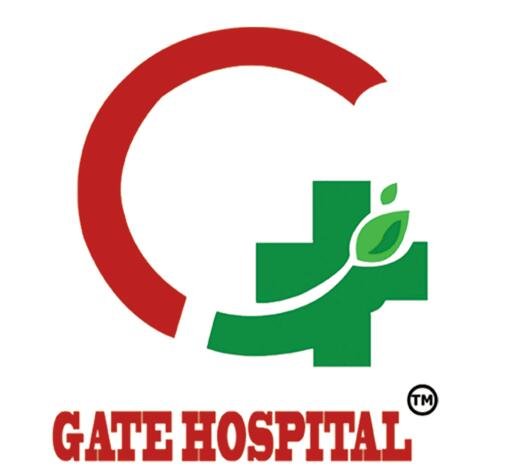
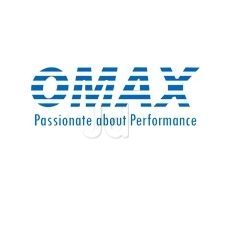




![24[7].ai 24[7].ai](https://adtu.in/files/247ai.jpg)

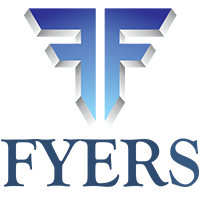



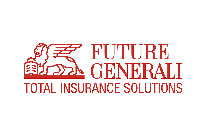

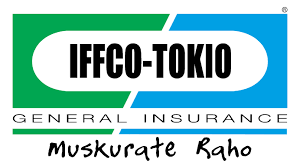
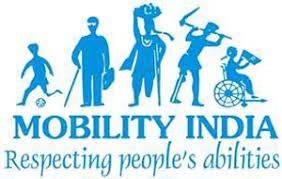




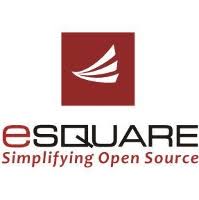





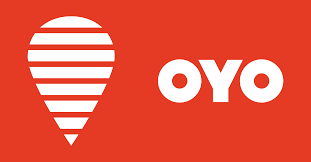

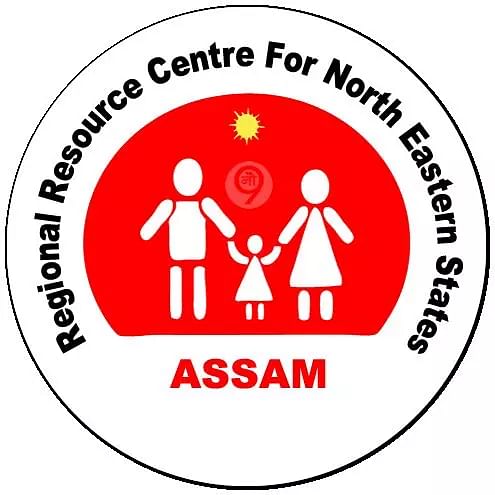





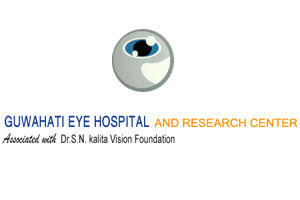


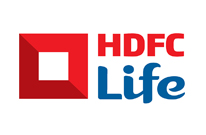
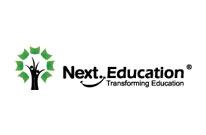







"I am a BBA student of 3rd semester. I hail from Bhutan. I vow that I am having a great experience i...
"AdtU is amazing. I am a BBA student of 2019-22 batch and I am just grateful for the amount of oppor...
Let us be grateful to the people and place who makes us happy. They are the charming gardeners whom ...
Currently I am pursuing MBA in Assam Down Town University. MBA is the professional course through wh...
AdtU is a university that focuses on giving knowledge, education and simultaneously making the stude...
The Assam downtown University has been a great learning experience. The university has provided me w...
My experience with AdtU has been splendid one indeed. Little needs to said about its scenic infrastr...
As a student I am very glad that I have got an opportunity to study here in Assam downtown universi...
My name is Sakhyajit Roy. I?m from Tripura. I joined the university on Auguest, 2017 as a student of...
I share immense pleasure to share my post graduate program experience in Assam down town University....
AdtU is a platform where I got golden opportunities to feed my zeal for knowledge through the dynami...
I am fortunate to get an opportunity to study here in Assam Downtown University. The best thing abou...
Our university is one of the best place for developing ourselves in the field of research and acedem...
ADTU is a university that is very good interms of infrastructure, academics and placements. Our tea...
It is one of best private colleges in North East India, it also provides a good environment for ed...
ADTU is a good University which provides the students with best quality lectures and ensures comfort...
The environment of Assam downtown university is very pleasant.The department of BMLT is very good a...
The university has all the necessary facilities and amenities for students . The classrooms and the ...
Assam downtown University is well recognised all over india. In the ongoing pandemic situation it ha...








